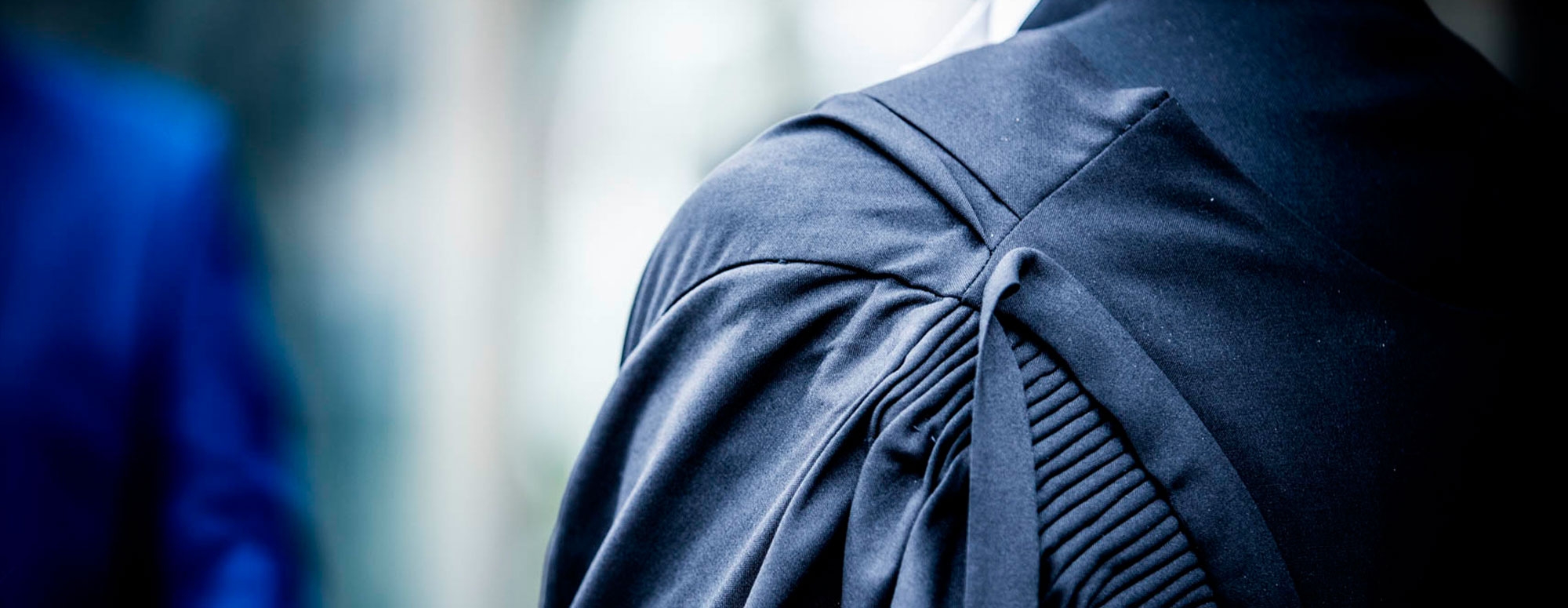Navigating the rocky terrain of derivative liability under the Fair Work Act 2009 (Cth)
In actions alleging contraventions of civil remedy provisions under the Fair Work Act 2009 (Cth) brought by regulators and private litigants, it has become common to also allege that secondary wrongdoers engaged in the same contraventions using the accessorial provisions of the legislation. If proven, the secondary wrongdoer is considered to have engaged in the same contravention as the primary wrongdoer. The case law underpinning the accessorial provisions borrows from criminal law principles. When it comes to the requisite standard of knowledge the secondary wrongdoer is required to have had under the criminal law, the High Court in Yorke v Lucas (1984) 158 CLR 661 has made clear that the secondary wrongdoer must be shown to have had knowledge of the “essential elements” of the primary contravention. But what are these “essential elements” when it comes to industrial law contraventions? Can ignorance of the law be an excuse? A tension has arisen in the authorities on this issue and it remains unresolved. Depending on where the law eventually lands, the bar to proving accessorial liability might drop surprisingly low or it could become almost unreachable.
In this CPD, Alex Manos explores the key cases that have led to this point and the underlying policy considerations that are likely to inform the outcome. Ben Holding will provide an overview of the alternative vehicle in the legislation through which derivative liability may be proven against franchisors, the knowledge threshold to be met, and the relief available when a claim is proven.
This in an in-person event only, no livestream and will be recorded for viewing later.
.


